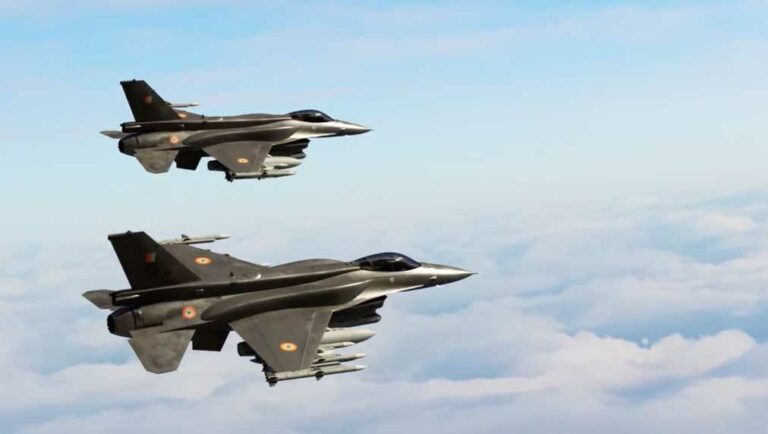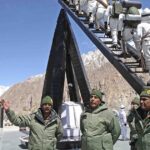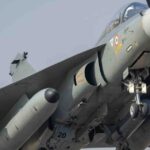
SOURCE: INVESTORS
India is in desperate need to replace its aging fighter jet fleet, but will the recent border conflict with China reshape procurement priorities as its neighbor races to upgrade its weapons? Defense stocks were mixed.At least 20 Indian soldiers were killed in a “violent faceoff” with Chinese troops Monday near the disputed border in the Himalayas, according to India’s foreign ministry. The casualties from the clashes were the highest since 1967 between the two nuclear powers.
India is currently in the market for new fighter jets to replace its mostly Soviet-era aircraft as tensions increase with its neighbors. But last month, India announced it would source the 114 fighter jets in-country as part Prime Minister Narendra Modi’s “Make in India” initiative, despite offerings from top defense stocks like Boeing (BA), Lockheed Martin (LMT) and Saab for the $15 billion deal.
Lockheed offered the F-21, which includes technology from its 5th-generation F-22 and F-35 stealth fighters. But aviation observers have said the F-21 appears to be an enhanced F-16 Block 70. Boeing offered its F/A-18 Super Hornet fighter jet and had reportedly considered pitching the F-15EX for the contract.
It’s unclear if the recent escalation with China will cause New Delhi to reconsider its procurement strategy.
“Since fighter choices should reflect strategic imperatives, you’d think that India would rethink,” Richard Aboulafia, an aerospace analyst with Teal Group, said via email.
But while India shows few signs of reform when it comes to buying large combat aircraft purchases, he pointed to some examples its willingness to change for some requirements.
In particular, he said the purchases of Boeing’s P-8 surveillance plane, AH-64 Apache gunships, CH-47 Chinook heavy-lift helicopter and the 36-jet Rafale fighter show India was “able to make things happen for the (air force’s) most important missions.”
The Dassault Rafale fighters are especially key to India as they are able to carry nuclear weapons.
Defense stocks were mixed after falling earlier. Boeing shares dipped 0.1% on the stock market today. General Electric (GE), which makes the Super Hornet’s engine, edged up 0.55%. Lockheed slipped 1%. Among other top aerospace and defense stocks, Raytheon Technologies (RTX) lost 3 cents, and Northrop Grumman (NOC) retreated 1.4%.
Defense Stocks Hit Turbulence In India
The Indian air force started the process to buy the fighter jets over 10 years ago. But delays and cancellations have stymied progress and India canceled plans to buy over 120 Dassault Rafales fighters in 2015. New Delhi now plans to select a contractor within the next three years.
Aboulafia said it’s likely that India would go with Hindustan Aeronautics Limited’s Light Combat Aircraft, a fourth-generation fighter. He warned that the jet might one day be adequate against Pakistan, “but has absolutely no use against China in the Himalayas.”
As India updates its air force, it faces a potentially formidable foe in China, which is ramping up a fleet of more advanced fifth-generation stealth fighters.
China is building its Chengdu J-20 and Shenyang FC-31 stealthy fighter jets. China likely copied the J-20 from the Lockheed F-22, as China’s fifth-generation jet has a similar coating, engine, and air inlets to the F-22. China is also building an arsenal of hypersonic missiles.
The China border conflict add momentum to finalizing India’s deals to upgrade its air force and navy fighters, but is unlikely to make a big difference on the procurement choice, said Rick Rossow, a U.S.-India policy specialist at the Center for Strategic and International Studies.
https://defencenewsofindia.com/will-india-rethink-fighter-jet-contract-after-china-border-clash/






